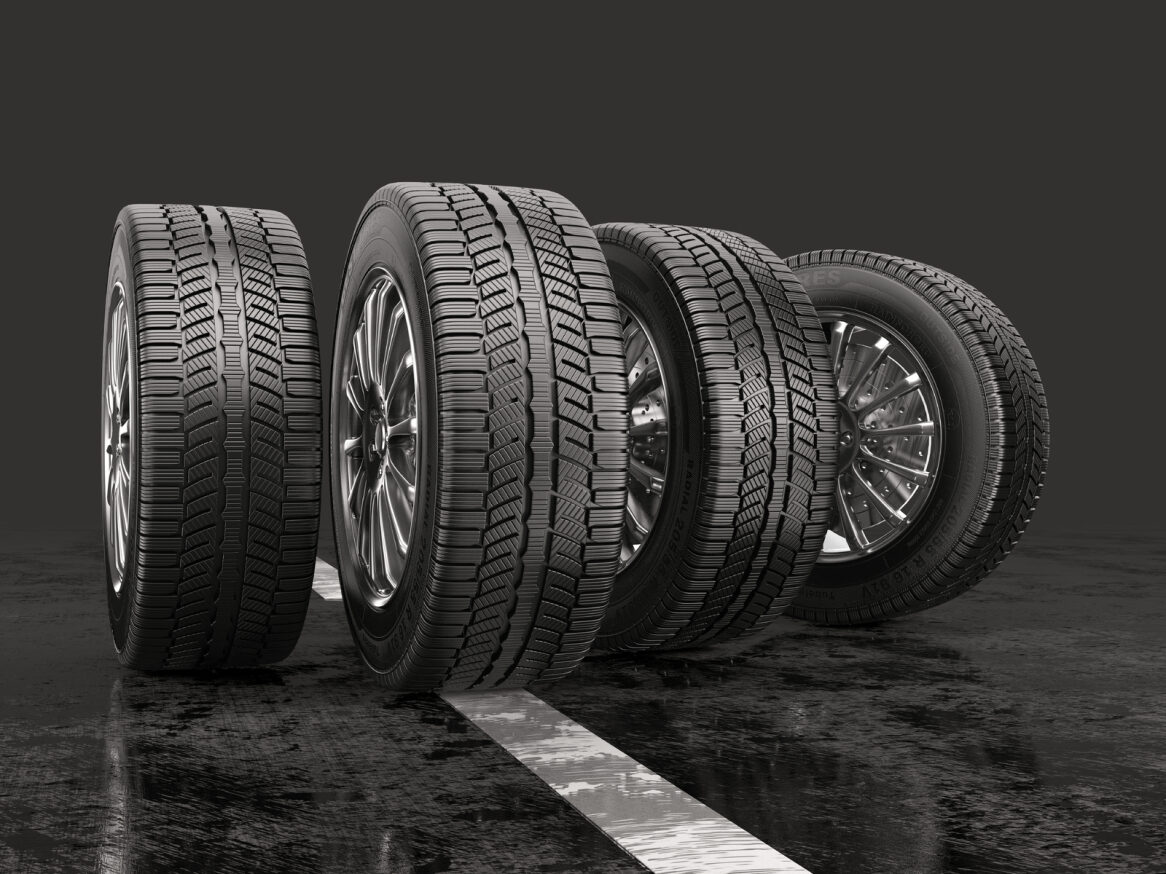Voted Kilgore's Best
New and Used Dealership
For 3 Years in a Row

Tires that are in good condition are crucial for safe driving and handling. Over time, tires can wear down due to friction and weather, increasing the chances of poor traction and blowouts. If your tires are worn, you should visit your Chevy or CDJR stores to buy new ones.
Shallow Tread
Tires with a tread depth below 1.6mm, or 2/32 inches, are unsafe to drive. An easy way to check is the penny test: insert a penny into the tread groove with Lincoln’s head facing down. If you see the top of his head, your tread is dangerously shallow.
Driving with a shallow tread greatly reduces traction and handling, especially in wet conditions or emergency maneuvers. Replace the bald or low-tread tires to increase safety and enhance the driving experience.
Bulging or Blistered Tires
Bubbles on the tire sidewall or spots that look blistered signal a weak structural point in the tire. This happens when layers of belt under the tread separate. If you continue driving with bulges or blisters on the tires, you risk an explosion. It’s best to replace the tires once you notice these unsightly surface defects.
Excessive Vibrations When Driving
Do you hear vibrations in the steering wheel or seats while driving? This could signal a problem with uneven or severely worn tire tread, where some spots have deeper groves while others are balder and smoother. This unevenness produces vibrations from the high and low spots hitting the pavement in succession.
The vibrations are not just unpleasant. They can cause poor traction and handling. Get new, high-quality tires at the dealership to restore a smooth, quiet ride.
Cracks in the Sidewall
Cracks anywhere on the tire, especially on the sidewall, can affect the tire’s structural integrity. Cracks occur when the rubber weakens through oxidation and dries out. Once they appear, they spread across the sidewall and worsen the condition of the tires. Driving with such tires can cause sudden air loss and blowouts.
Frequent Tire Pressure Issues
Are you refilling your tire pressure more often than usual? This could be a sign that the tires are worn from the inside. Tiny holes in the rubber allow air to gradually seep out of the tire, causing pressure issues. Instead of driving with underinflated tires, have your dealer’s technicians inspect the tires for leaks and damage.
Expired Tires
Car tires have a limited lifespan and degrade over time through oxidation and exposure to the elements. Tires have an average lifespan of six years. Check the last four digits of the DOT code on the sides of each tire, indicating the week and year of manufacture. If your tires are over six years old, replace them regardless of tread depth.
If your tires are expired or are exhibiting signs of wear, get new ones immediately. Contact Patterson Kilgore Group in Kilgore, TX to order new, high-quality tires from leading manufacturers.




